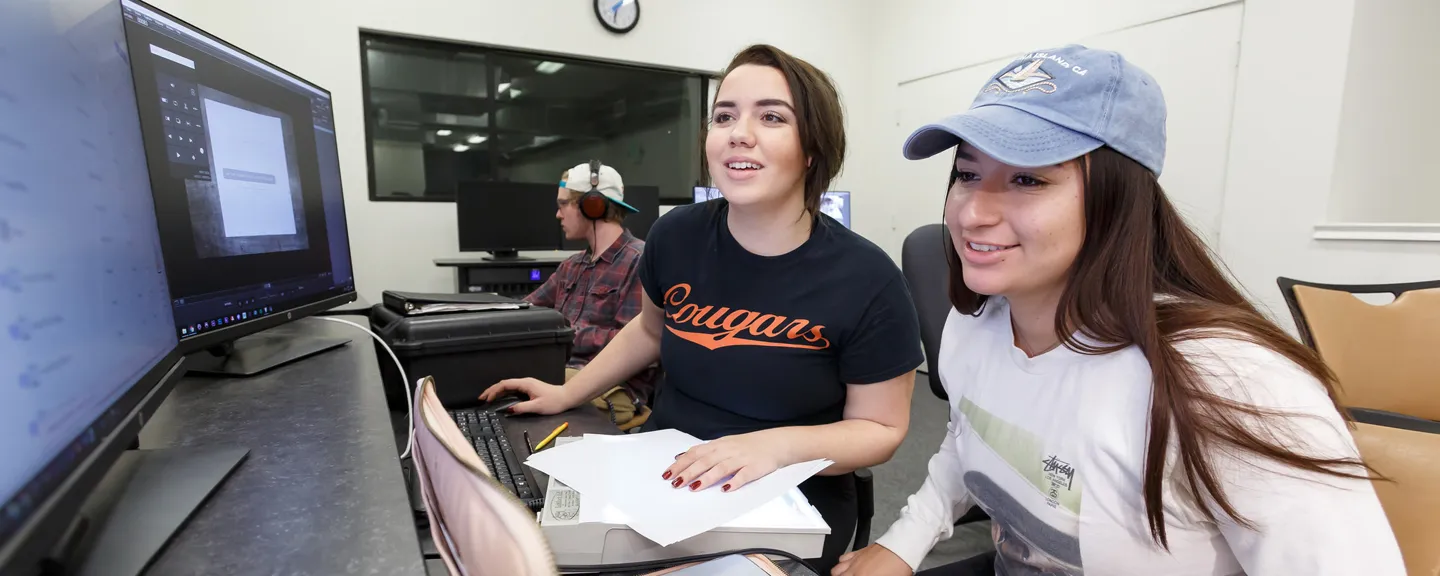- Home
- >
- APU Articles
- >
- News Article
Find Your Strengths and Find Success
July 10, 2018 | Written By John Montesi

We sat down with Azusa Pacific University’s director of the Noel Academy for Strengths-based Education and Leadership, David Zovak, DMin, to learn more about how finding your holistic strengths can set you up for personal, professional, and spiritual success.
Defining Strengths
Zovak explains how the Noel Strengths Academy views strengths differently. “Within the strengths paradigm we teach at APU, we define strengths as ‘those activities you do with consistent excellence and personal satisfaction,’” he says. “Both parts of the definition are critical; ‘consistent excellence’ is the obvious part of the definition, but ‘personal satisfaction’ is also critical for the activity to be a true strength.”
This commitment to personal satisfaction is crucial to aligning your skills with meaning and consistent motivation.
“The internal feeling of, ‘This is what I was created to do,’ is what distinguishes a true strength from a useful but limited ‘competence.’ Both are valuable, but you want to build your vocation around your strengths and not just your competencies; otherwise, you run the risk of burnout, boredom, or plateauing,” Zovak continues. “In contrast, when we operate out of our God-given strengths, a part of us is intrinsically energized and refreshed through the exercising of our gifts. Though we may become physically or emotionally tired in the moment, when we’re using our gifts, we also experience deep satisfaction and are energized through the process.”
Find Your Strengths Early and Benefit Long-Term
APU is committed to helping students identify those strengths and find measurable and personal success and satisfaction. Zovak notes that students are encouraged to identify their strengths early in their college experience. “During ‘Strengths Week’ of the First-year Seminar, we provide students with opportunities to delve deeper into their strengths reports and refine their understanding through reflection and discussion,” he says. “We love using the CliftonStrengths assessment, but we also want students to know they are much more amazing and complex than their ‘Top 5’ talent themes.”
This early and holistic approach to finding strengths and integrating them with an academic curriculum can help students avoid unnecessary turmoil (as well as the additional coursework incurred by switching majors multiple times as their interests change).
Focusing on strengths early and continuing this conversation—and pursuit—allows you to feel more grounded and focused while registering for classes and pursuing your chosen degree. It can also provide you with a greater sense of academic and spiritual purpose in what is often an overwhelming chapter of life.
Find Your Strengths, Use Your Talents, Reap Your Hard Work
Zovak advises that students focus on the intersection of their talents and strengths, which is a key distinction in APU’s curriculum. “When introducing the topic of strengths to students, we first help them understand the connection between ‘talents’ and ‘strengths,’” he explains. “Talents are our unique God-given capacities to think, feel, and behave in certain ways. Our talents hold our greatest capacities for excellence and impact. Strengths develop when we invest time, energy, and effort in our areas of greatest talent to become the most fruitful version of ourselves.”
Your college journey is all about self-discovery and preparing for the rest of your life which is a constant investment of time, energy, and effort. By starting with strengths-finding, your hard work will feel more rewarding. Trust in your abilities!